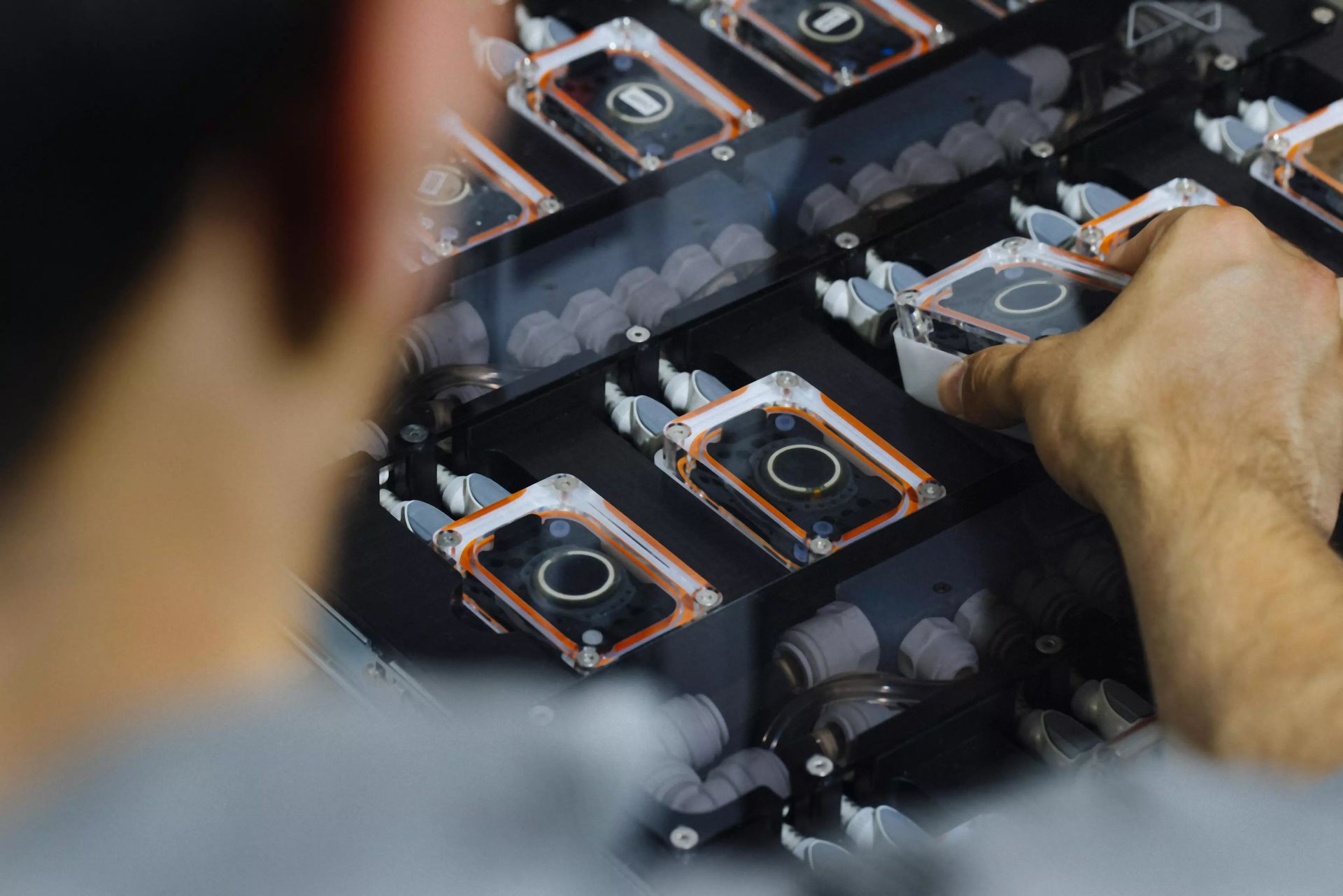and the distribution of digital products.
Neuralink’s brain chip brings hope to paralysis patients

Neuralink has received approval to begin a feasibility study for its brain implant technology aimed at enabling individuals with quadriplegia to control external devices through thought. The study, known as PRIME, will assess the safety of Neuralink’s wireless brain-computer interface (BCI) and surgical robot. The company will also test its investigational assistive robotic arm alongside the N1 Implant. Recently, Health Canada permitted a trial for six patients with paralysis, and Neuralink has already implanted its device in two patients in the U.S.
Neuralink begins brain-computer interface study for paralysis recoveryNeuralink is launching a new trial named the CONVOY study, designed to extend control of external devices using its N1 brain-computer interface. This trial specifically targets people with disabilities, primarily those who are quadriplegic and unable to use their limbs. According to Neuralink, this study represents a critical step toward restoring “not only digital freedom but also physical freedom.” The company made the announcement on its social media platform and emphasized the importance of this capability after previous success with early patients.
Neuralink has already successfully tested its N1 chip in two human patients. The first patient utilized the implant to control a computer mouse, browse the internet, and engage with social media. The second patient, implanted with the chip in August, is reportedly using the device to play video games and explore 3D design. This technology reads brain signals and translates them into Bluetooth-based commands for external devices.
The first human neuralink brain implant completed, says Elon Musk
The details of the CONVOY trial remain limited, but Neuralink stated that patients already participating in the ongoing PRIME study could cross-enroll in the new study. The company has also recently expanded its PRIME study to Canada, having obtained the necessary approval from Health Canada to recruit additional participants.
The U.S. Food and Drug Administration (FDA) and Neuralink have not provided further insights into the feasibility study’s specifics. However, the company’s rapid progress in regulatory approvals has sparked interest in its brain-computer interface and robotic arm technology. As these investigations unfold, the focus remains on how Neuralink’s advances could ultimately enhance the quality of life for individuals with severe mobility impairments.
Featured image credit: Neuralink
- Home
- About Us
- Write For Us / Submit Content
- Advertising And Affiliates
- Feeds And Syndication
- Contact Us
- Login
- Privacy
All Rights Reserved. Copyright , Central Coast Communications, Inc.